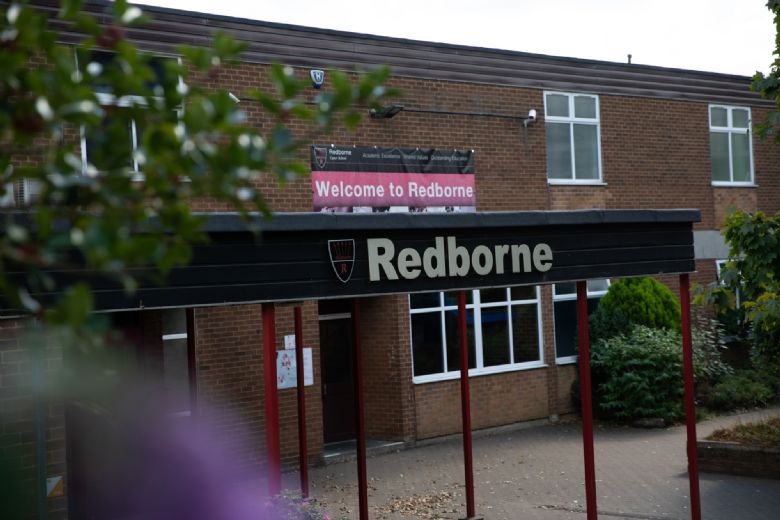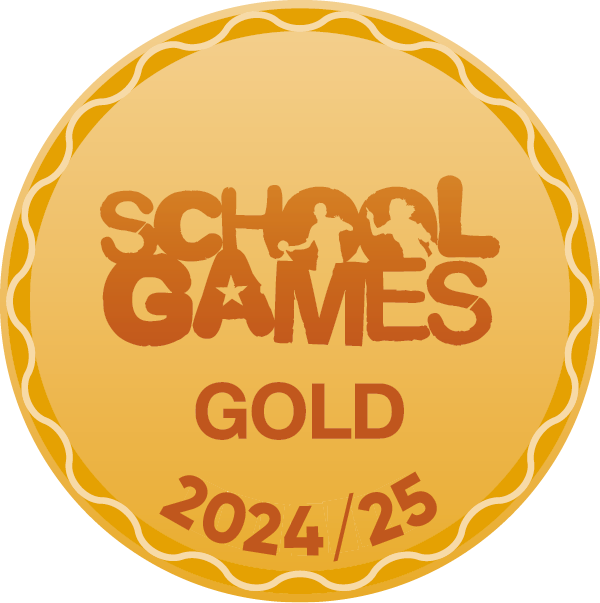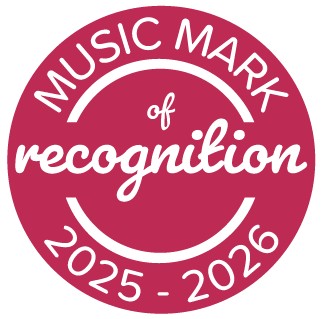English Faculty
The year 9 programme of study builds on the skills students have acquired through their prior study of English, and familiarises them with a broad range of texts and their contexts.
In years 9 - 11, students will explore a range of texts (both fiction and non-fiction) from a range of cultures; a prose text; works by Shakespeare and a selection of poems. Classwork will include group work, discussion and debate as well as formal written work. The programme of study encourages students to experiment creatively with their writing, producing their own texts to suit a wide variety of forms, audiences and purposes. Grammar will be taught and engaged with in context, so that pupils understand the rules and systems that create the English Language.Writing activities may include the writing of letters, diaries, empathetic responses, analytical essays and creative writing.
Students are encouraged to read independently for pleasure and to discuss their reading with their teachers and with each other.
Assessment details:
Teacher assessment will occur throughout the year, with students completing on-going assessment tasks that are designed to identify students’ strengths and areas of development. They will be given clear guidance about what they need to do to improve. At three points during the year, students will complete a formal assessment which will be marked against GCSE criteria.
.
Extending Learning:
Students will be set homework when relevant to their studies. Homework may include extending classwork, research, independent writing, reading or other similar activities.
Independent reading is actively encouraged and students may be provided with a reading list by their teacher.
Extra-curricular activities:
There are opportunities for students to enter writing competitions and they may be invited to participate in theatre trips or workshops.
We offer the opportunity to those students who we feel can cope with the extra workload, to complete a Level 2 Extended Project Qualification (EPQ) in year 9. Students are encouraged to produce an English-focused product (an essay, story, play etc) so that supervisors are able to offer them help as they progress through the project. The project is of a highly independent and reflective nature which allows students to develop their independence, resilience and evaluative skills.
At Literature Club, our passionate and talented students explore a new area of literature or experiment with a new creative writing technique. Avid readers and budding writers who are looking for a challenge should approach their teacher for more information.
Our fantastic debate club regularly enters teams for the English Speaking Union competitions, where we always do well.



